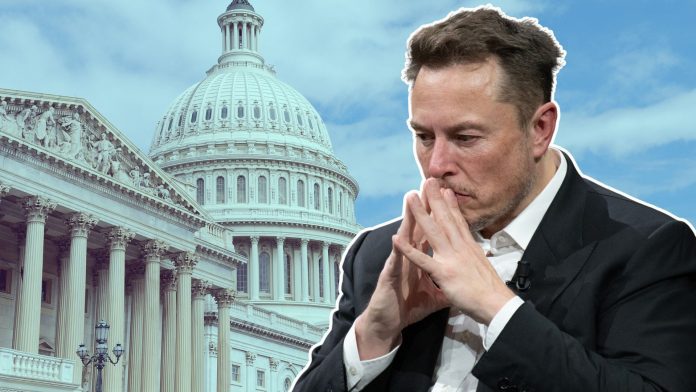Elon Musk’s initial attempt to rein in Congress and its excessive spending nearly caused a government shutdown.
Musk torpedoed Speaker of the House Mike Johnson‘s end-of-year government funding proposal on Wednesday (December 18 . Taking to X, Musk expressed his strong dissatisfaction with the bill, calling it “criminal,” and posted a barrage of tweets pressuring Congress to kill it. His tweets were sharp, accusing lawmakers of irresponsible spending. The backlash was swift, and the bill was dead within hours, leaving the government teetering on the brink of a shutdown just days before Christmas.
Shortly after, former President Donald Trump also voiced his opposition to the bipartisan plan, adding fuel to the fire. Trump’s disapproval further isolated the bill, weakening its support among Republican lawmakers.
It’s evident that Musk has President-elect Donald Trump’s ear and has poured millions of dollars into his campaign. His public and monetary endorsement of Trump has earned him a position in the upcoming administration as the head of the Department of Government Efficiency (DOGE) to reduce excessive government spending.
On Thursday, Speaker Johnson returned with a new, considerably slimmer plan, which Musk appeared to support. However, this latest proposal failed to gather enough votes despite Musk’s backing, with 30 Republicans voting against it and only two Democrats favoring it.
By Friday, the House finally reached a compromise, passing a new spending bill just in time to avert a government shutdown. However, the process revealed a significant fracture within the GOP, with some members publicly siding with Musk’s call for spending cuts while others struggled to find common ground.
This showdown on Capitol Hill raises critical questions about Musk’s influence in Washington. Although his social media presence can quickly sway public opinion and disrupt plans, this dramatic debacle raises concerns about whether Musk can effectively push lawmakers toward meaningful action.



